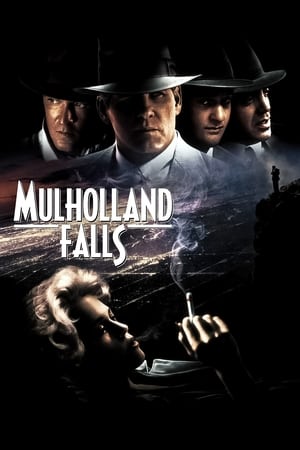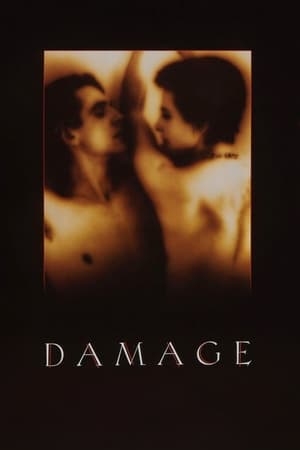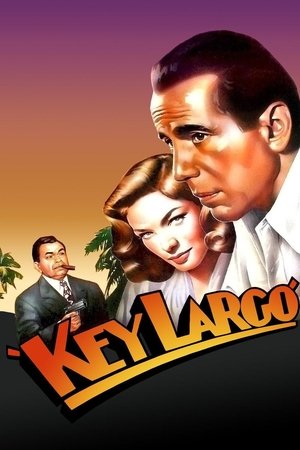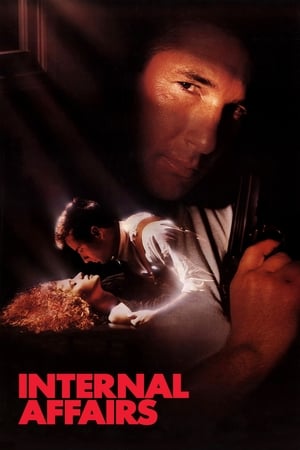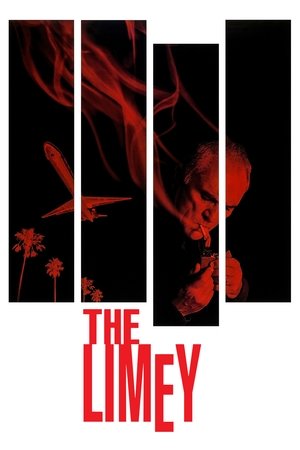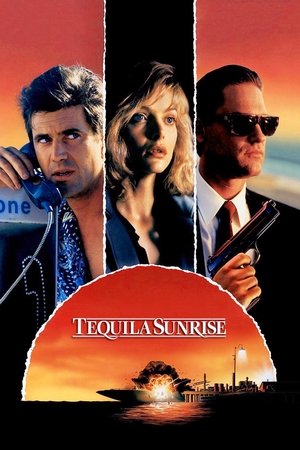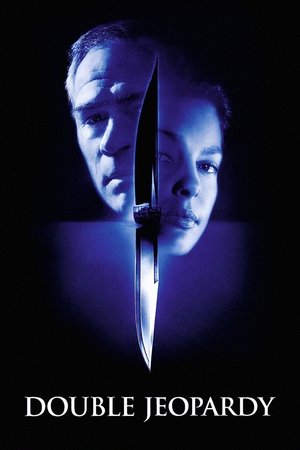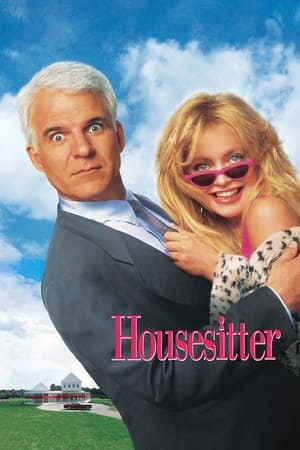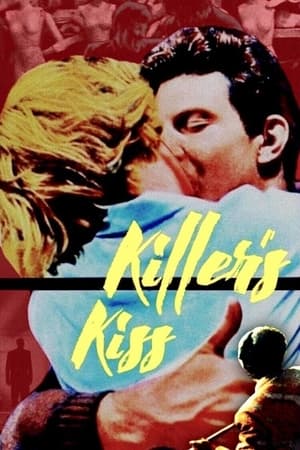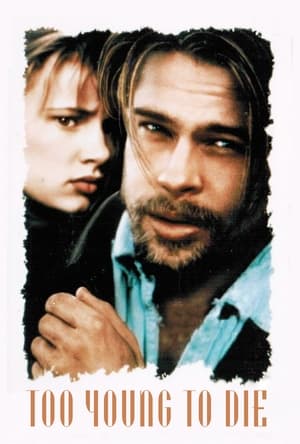Overview
Jenny Marsh, recently released from prison for killing a man, finds herself under the watchful eye of her parole officer, Griff Marat, who helps her secure a job caring for his ailing mother.
Reviews
Give all to love obey thy heart.
*** This Review Contains Minor Spoilers ***
Shockproof is directed by Douglas Sirk and written by Samuel Fuller and Helen Deutsch. It stars Cornel Wilde, Patricia Knight, John Baragrey and Esther Minciotti. Music is by George Duning and cinematography by Charles Lawton Jr.
When convicted murderess Jenny Marsh (Knight) is released into his care, parole officer Griff Marat (Wilde) literally finds his life being turned upside down...
As many film noir lovers will attest too, there are a number of noir movies out there that frustrate with their endings to the point it induces anger. One such film is Shockproof, a meeting of two great film making minds undone by a studio decision so soapy and irrelevant that studio heads should have rolled post haste.
I'm the one who gets spanked.
Shockproof actually is a great film noir, it takes a simple honest to goodness man, introduces a classic femme fatale into his life, and before you can say "stop you fool", he's in it up to his neck. Stylistically it's top notch noir as well. Sirk and Lawton consistently have bar shadows featuring prominently, Jenny Marsh never escapes them, she may be out of prison but the parole office and latterly Harry Wesson's (Baragrey very good as her no good weasel boyfriend) hotel room consistently imprison her - and actually, Griff as it comes to pass. The Marat home is a delightful amalgamated design of art deco and the ornate. While in Wilde's hands Griff moods and smokes a lot, just as Jenny smolders and dives into his soft melancholic eyes (Wilde really does have sad eyes!).
Excuse me while I push Humpty Dumpty off his wall!
It's all there, for a good hour it's prime film noir, both as a story (the protags join a fine list of noir couples on the lam) and for tech skills as well, but then it all goes pear shaped. Even before you realise that Griff has suddenly abandoned his disabled mother and younger brother without so much as a goodbye, a turn of events leads to a Hollywood type ending (Deutsch brought in for the rewrite) that defies logic, belief, and something that ultimately comes off as insulting. Aaaarggghhh! Sirk and Fuller were disgusted, both wanted Fuller's original ending, and when you look into it, it would have been film noir nirvana and most fitting. A shame unbound for sure, for this is great for the most part as Wilde and Knight have genuine sparks (a real off screen romance) and Sirk, Fuller and Lawton are in sync thematically.
In its fullest form it's a sad 5/10 movie, if turning off 5 minutes before the end and pretending that the couple's fate is unknown - or using our own imaginations and supplanting Fuller's originally scripted finale, then it's a mightily strong piece of film noir.

 79 min
79 min
 6.325
6.325
 1949
1949
 USA
USA
 John Chard wrote:
John Chard wrote: